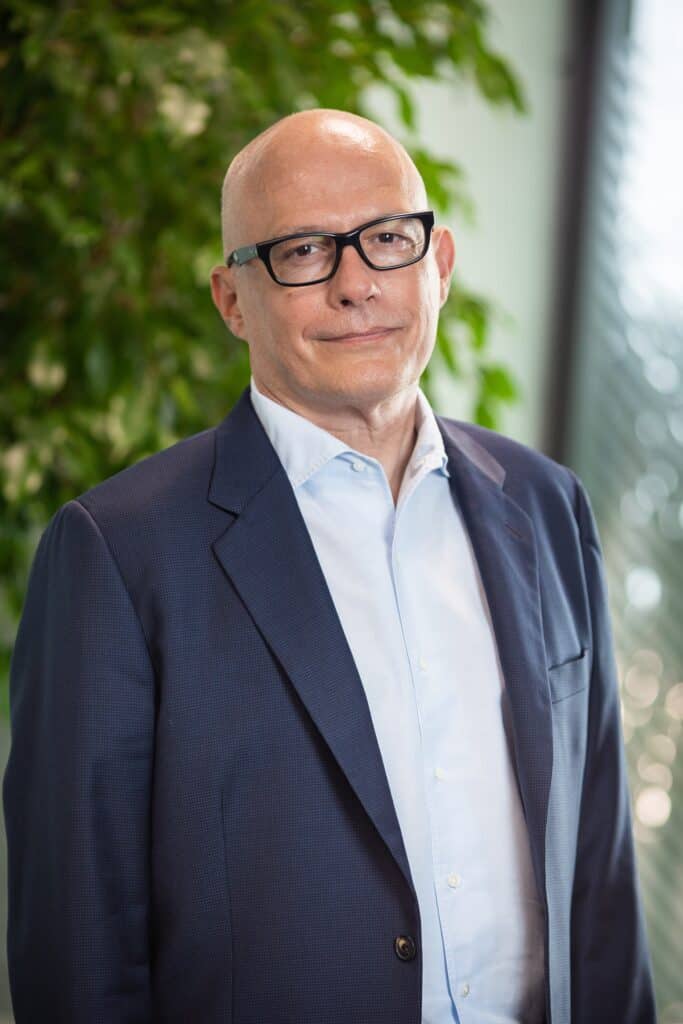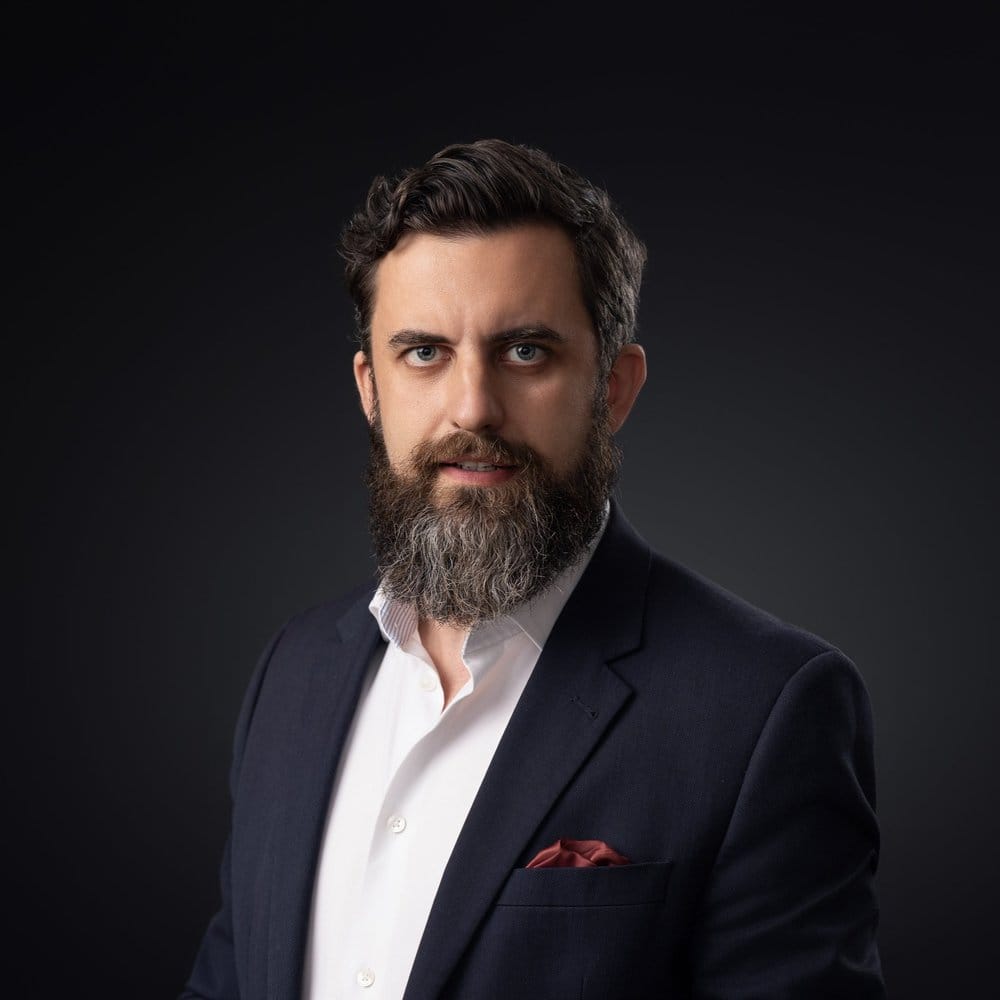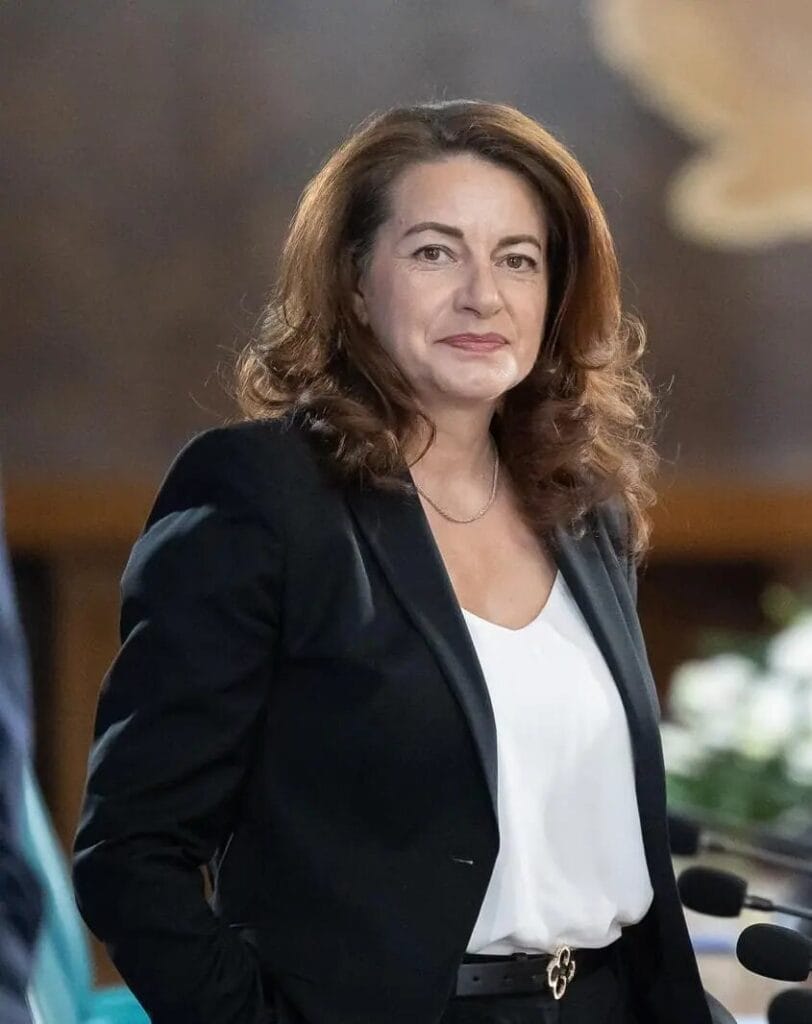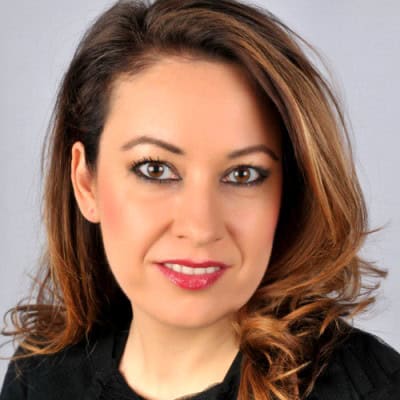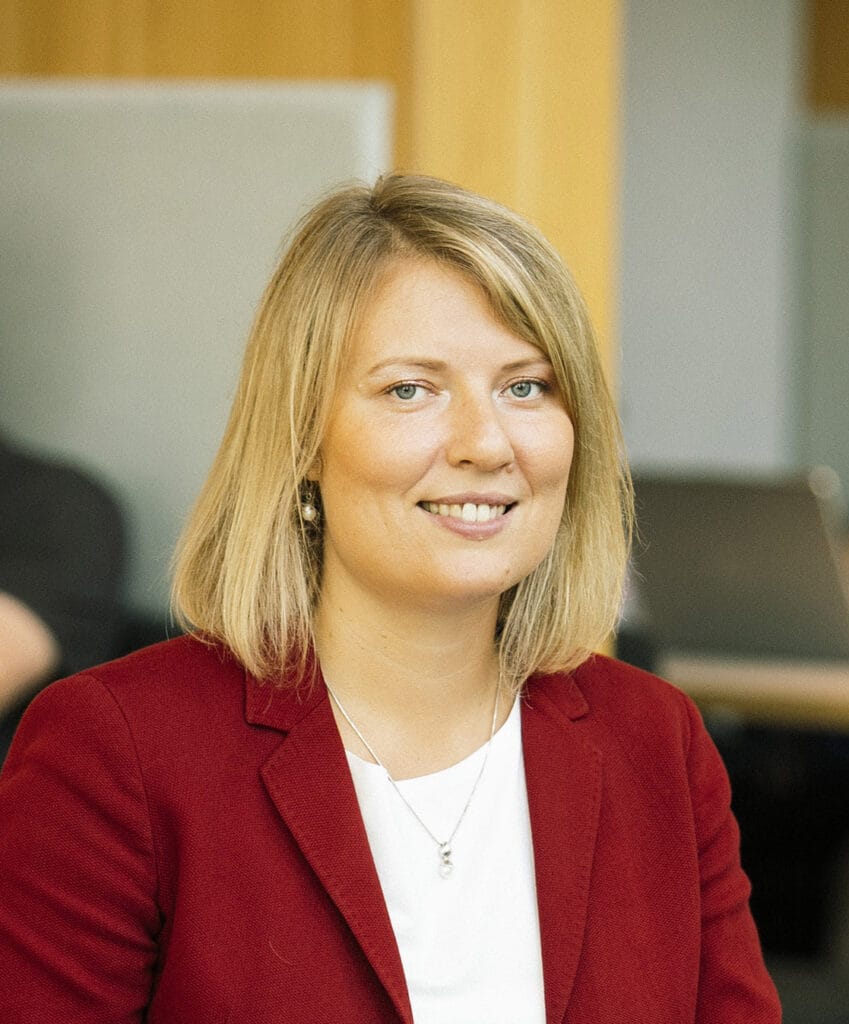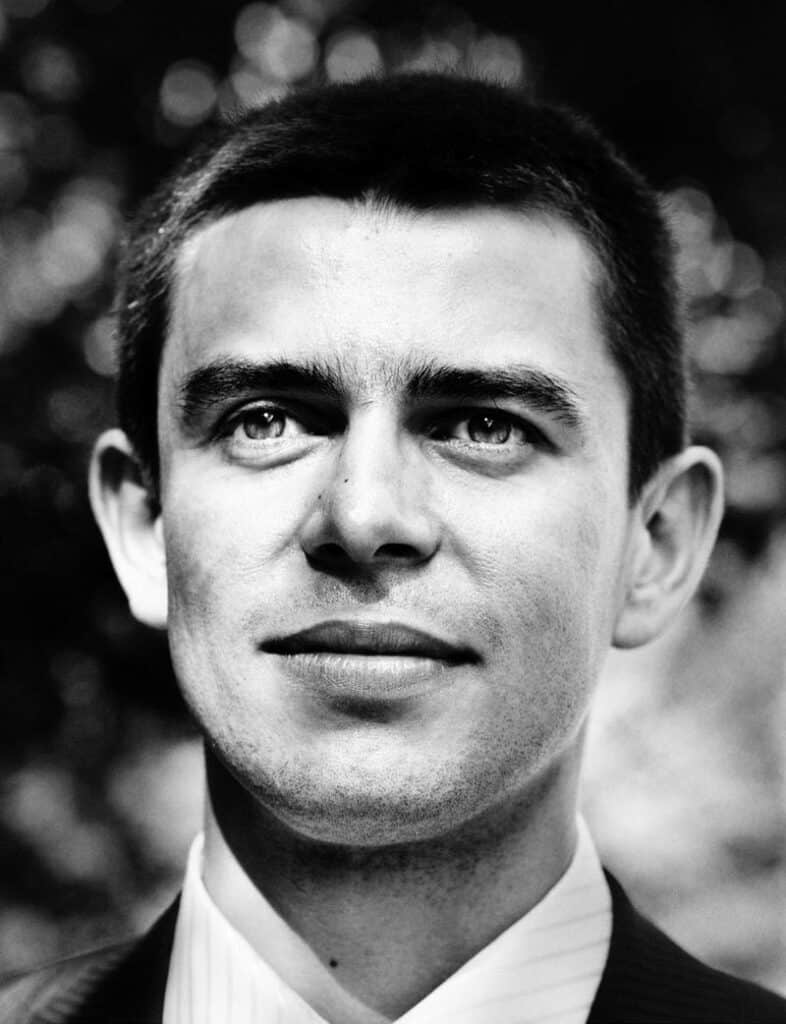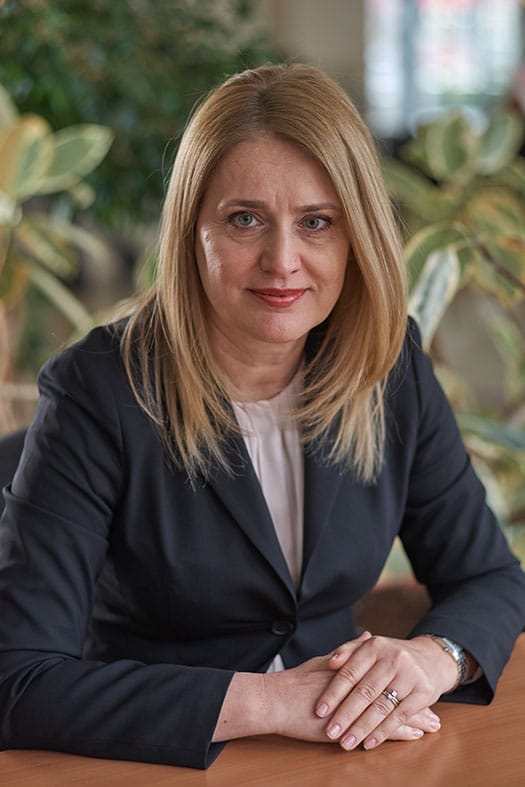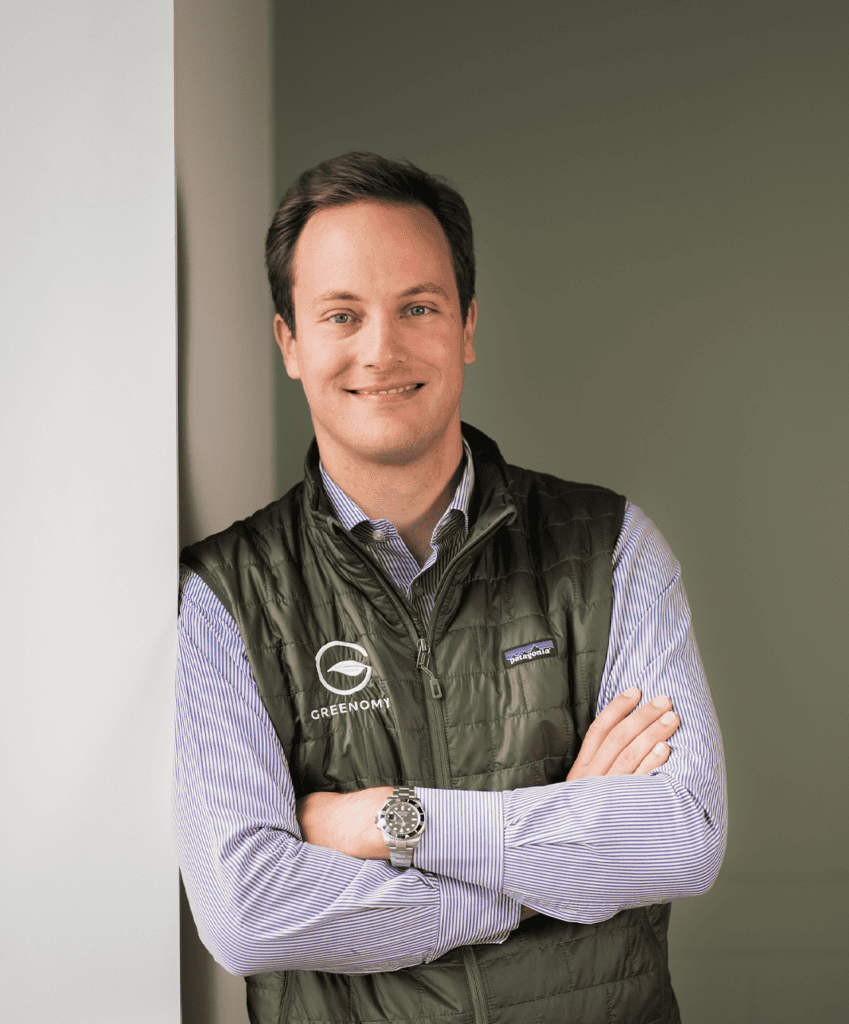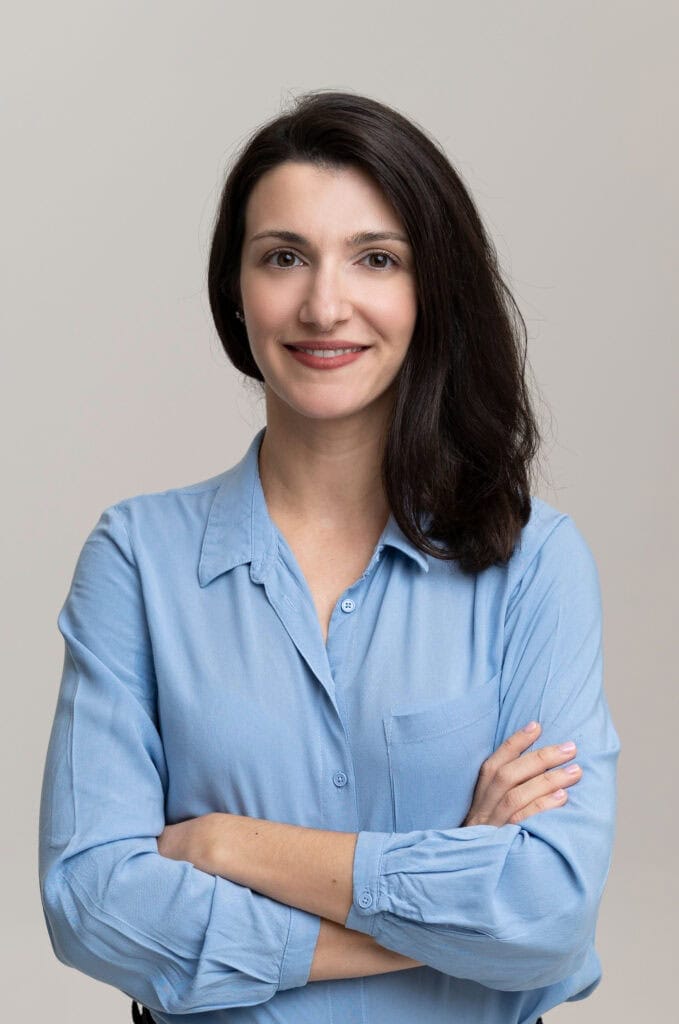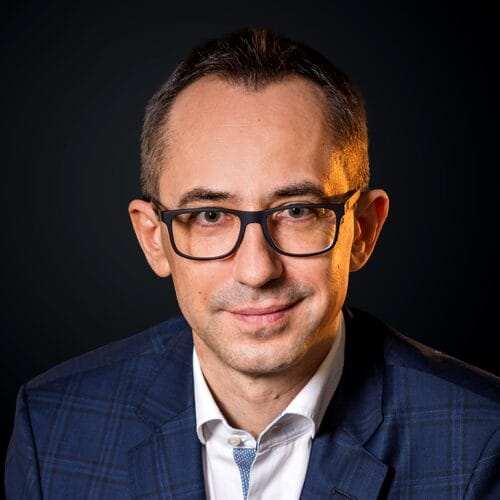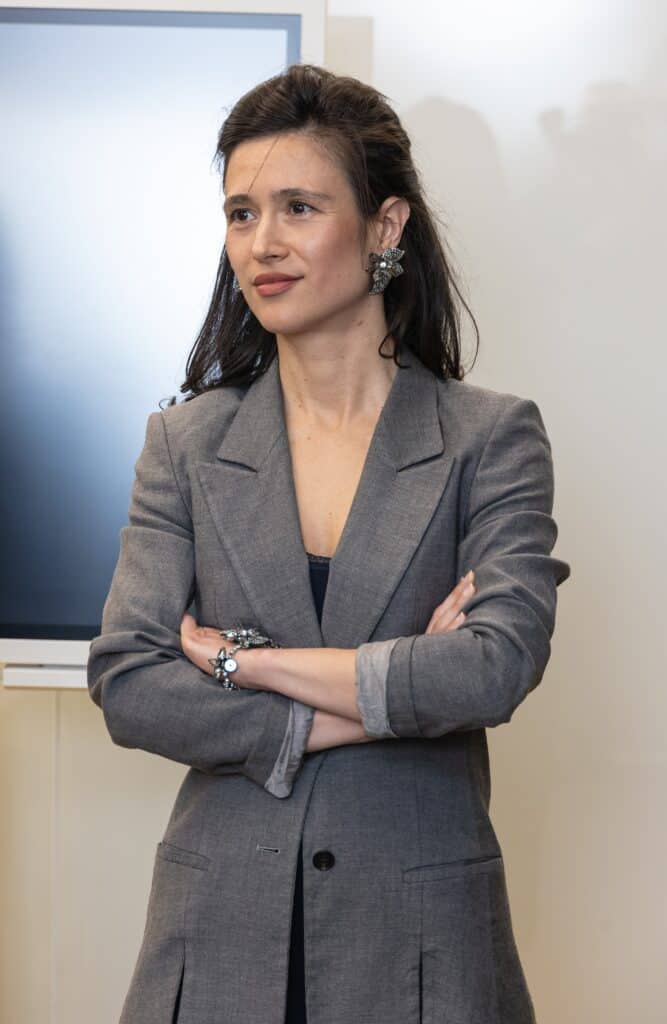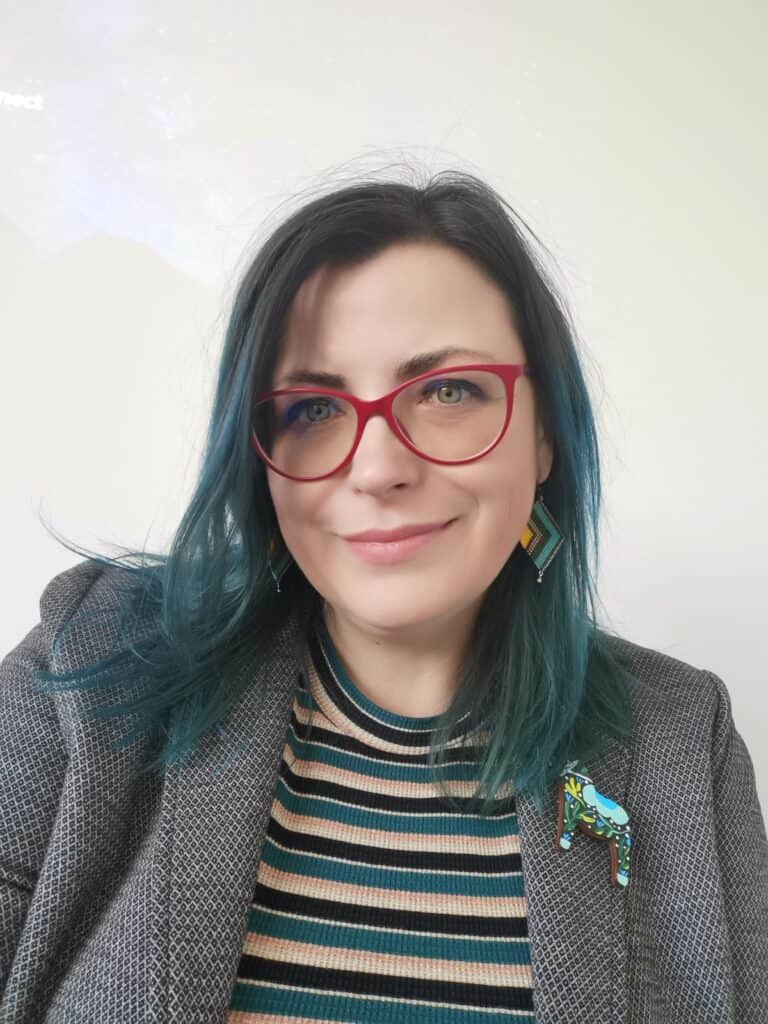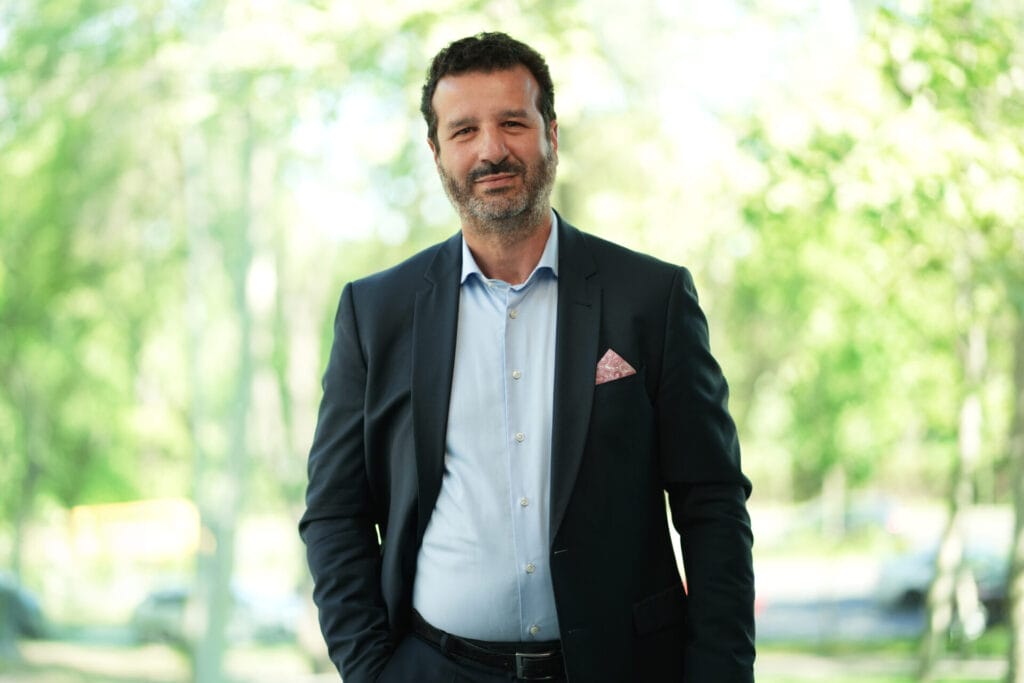Although the definitions vary, the overarching mission of a smart city is to optimize urban functions and drive sustainable economic growth through a proper usage of smart technology and data analysis and with the intent to improve the quality-of-life for citizens.
“There is no universally accepted definition of a smart city. It means different things to different people. The conceptualization of Smart City, therefore, varies from city to city and country to country, depending on the level of development, willingness to change and reform, resources and aspirations of the city residents.” (Source: Smart Cities Mission)
Even though we don’t have a widespread definition, we do know the initiatives mandatory for any urban area focused on the cornerstone of a smart city, the livability:
- Efficiency of services: optimize the use of public resources and provide a high level of services for citizens.
- Sustainability: grow & develop the city with strong consideration to environmental impact.
- Mobility: make it easy for citizens, workers and visitors to move around in the city, regardless of transportation means (by foot, bike, care, public transport).
- Safety & security: improve public safety & security in every-day life and at special events, as well as being best possibly prepared for emergencies and disasters.
- Economic growth: attract businesses, investors, citizens and visitors.
- City reputation: constantly improve the city’s image & reputation.
There are several elements that determine a city smartness, among which
- A technology-based infrastructure using IoT, APIs, AI, cloud computing, dashboards, machine learning, machine to machine, mesh network, edge computing
- Environmental initiatives: reducing pollution, implementing alternative energy supply methods, reducing water, food and resource waste
- A high functioning public transportation system
- A confident sense of urban planning
- Humans to live and work within the city and utilize its resources
As we can easily observe, a smart city’s success depends on its ability to build a strong relationship between the officials (government) and the private sector because most of the work done for the digital and data-driven environment occurs outside the government, but circles back to it.
By 2050, 66% of the world population is expected to live in urban areas.
Technology is undisputedly the backbone of a smart city and it comes with three cornerstones which, whenever they work synergically, they create more livable cities. They are:
- IoT sensors: represented by connected devices that supply information to the network
- Connectivity: fixed or wireless networks
- Data: the storage, analysis and presentation of real-time and historical data.
Here are some relatable successful examples of smart systems driven by these tech-triad:
- Smart waste management. The garbage containers are equipped with sensors, letting the collection company know how full they are. The collection routes are automatically optimized based on actual needs.
- Smart parking solutions, where sensors keep track of available parking lots. Available parking possibilities are presented to drivers, either via digital signs along the roads, or via mobile apps, so that they easily can find and navigate to the best parking option.
- Smart building automation systems, that e.g. automatically adapt heating and ventilation to the level of occupancy and ensure that lights are turned off when no one is in the room.
- Smart public safety & security solutions, where various sensors and connected cameras enable law enforcement and other first responders to efficiently react to, respond to and solve incidents and emergencies.
We have seen what a smart city is all about. So, what does a smart citizen mean? Well, it means a person visionary enough to renew, rethink and rebuild the way we used to live for centuries.


